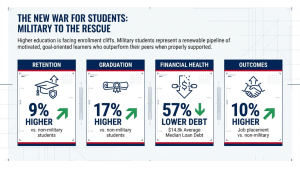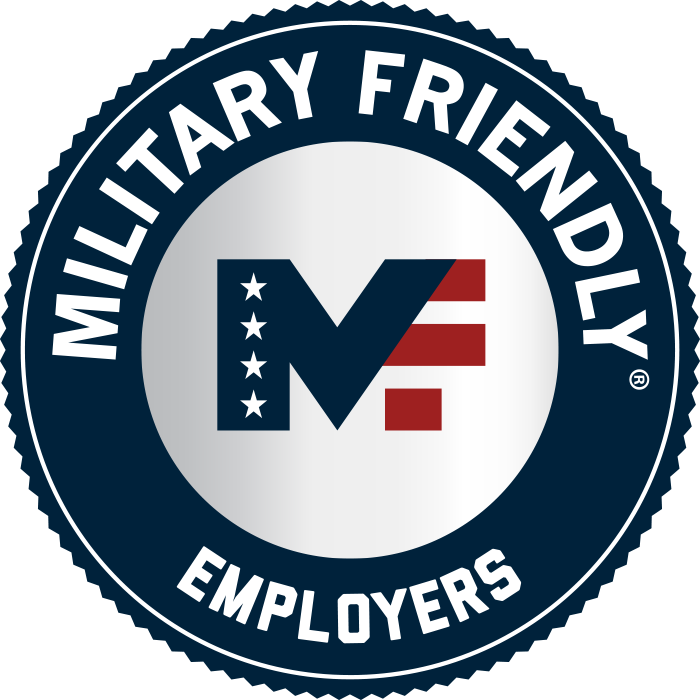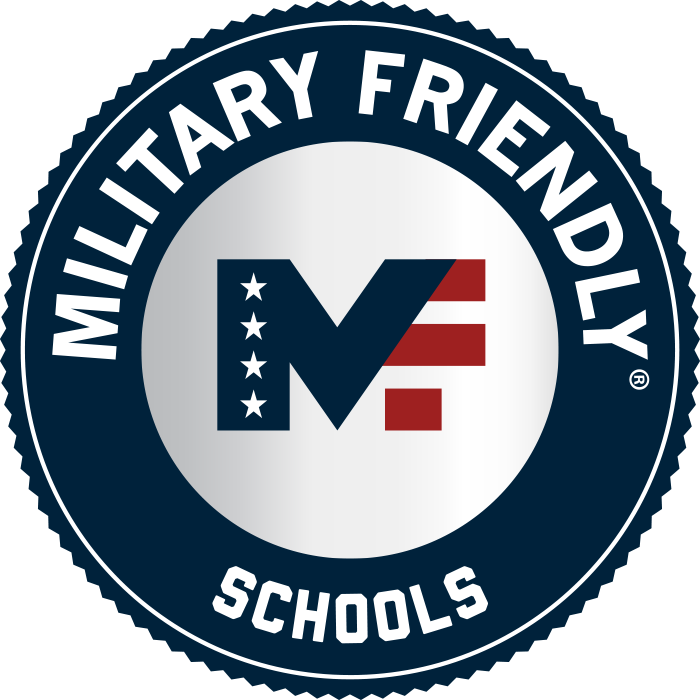
April 24, 2025
Only 23%1 of Americans aged 17-24 pass military eligibility requirements. Common disqualifiers include failure to meet entrance testing requirements, obesity, illicit drug use, criminal past, medical history, and mental health problems. Boot camp narrows the talent funnel even further.
Military training pushes people to limits that enable them to develop in ways that would have otherwise been unthinkable. As a small example, I had to take boxing, wrestling, gymnastics, swimming, and jump off of a 10-meter platform as part of my Navy training. So did all of my shipmates. That diversity of challenge forces growth, realization of full potential, and confidence.
Military service puts young people into challenging and often dangerous situations, with skills like discipline, teamwork, leadership, accountability, and problem-solving becoming essential to survive and thrive. Companies pay dearly to occasionally put their employees through this type of training, which isn’t even real. Military service instills it and reinforces it, all day, every day.
So if the military takes only the best, gives them world-class training, and engrains the most valuable traits in service, why wouldn’t every company recruit Veterans with every fiber of their being?
Truth is, most do. Military Friendly® Ratings recognizes those who do it best. And the Military Friendly® Talent Exchange is where they connect with Veterans seeking employment.
But the recent anti-DEI movement has pushed a few companies sideways, and they have opted to abandon their military recruiting initiatives out of fear that they be viewed on the wrong side of the current DEI narrative.
Are veterans part of DEI? Should they be? Well, let’s consider that for a moment. Veterans are diverse in every way: age, religion, race, gender, and more. And VEVRAA and USERRA laws would argue that at least at some point, Vietnam War veterans and active Guard and Reserve members should be part of a protected employee class.
But our short answer is, “It doesn’t matter.” If it helps to have Veterans as part of your diversity program, and you still have a diversity program, great. But if you don’t have a diversity program, or you used to and you’re getting rid of it, then of course, veterans still belong as a critical piece of your employee recruitment strategy!
Veterans not only survive in a meritocracy. They thrive. So why would you do anything less than prioritize and resource hiring them in the same way that you value recruiting employees with experience working at a specific company or graduates of a particular college?
1USA Facts








